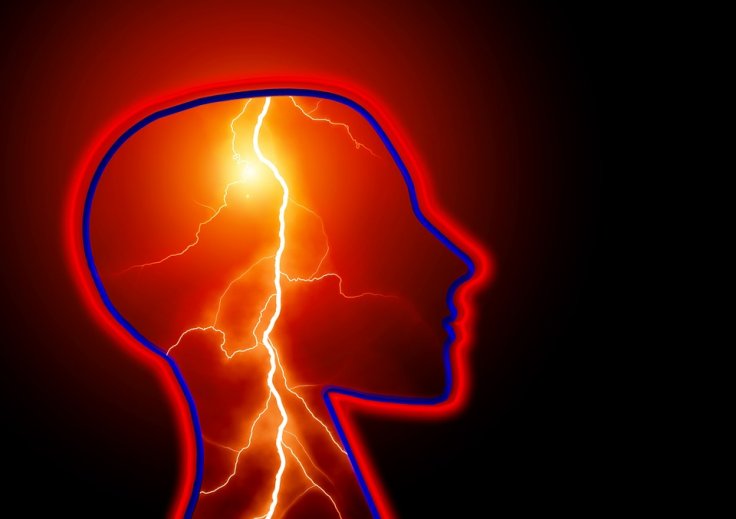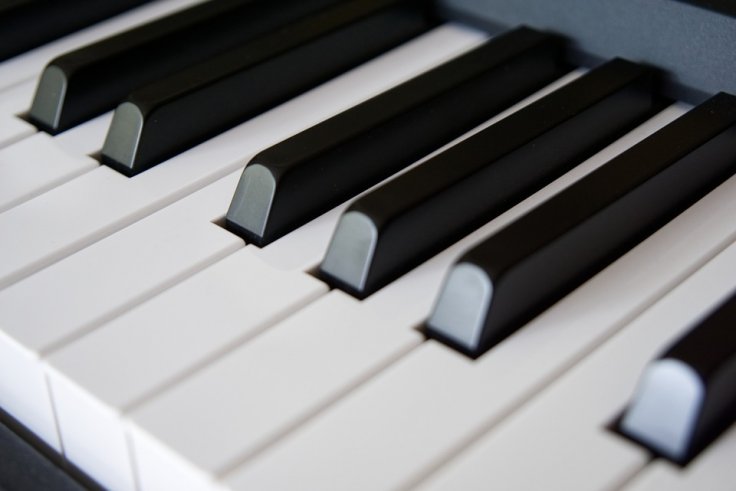Living with epilepsy can be debilitating as the unexpected seizures caused by the disorder can be crippling and can affect the quality of one's life. However, what if listening to the compositions of Mozart could benefit individuals with the central nervous ailment? A new study says that listening to the maestro's tunes may decrease the frequency of seizures in patients with epilepsy.
The study by researchers from the Krembil Brain Institute at Toronto Western Hospital studied the effect of "Sonata for Two Pianos in D Major, K. 448", a melody by the prolific composer, on patients with epilepsy. It was found that in patients who listened to the piece daily, there was a marked reduction in the frequency of seizures.
"Daily listening to Mozart K.448 was associated with reducing seizure frequency in adult individuals with epilepsy," the authors wrote.

A Central Nervous Disorder
Epilepsy is a neurological disorder (i.e) it affects the central nervous system. It affects brain functions in a manner where they become unusual and lead to seizures or spells of abnormal sensations and behavior, and occasionally, loss of awareness. It affects nearly 50 million people worldwide.
The disorder can affect anyone and the symptoms can vary in its manifestations among people suffering from it. Most commonly, medications are prescribed to treat the condition. However, surgical intervention may provide benefits as well.
Mozart To Treat Epilepsy?
"In the past 15 to 20 years, we have learned a lot about how listening to one of Mozart's compositions in individuals with epilepsy appears to demonstrate a reduction in seizure frequency," said Dr. Marjan Rafiee, lead author on the study.

However, the scientists wished to learn if a similar decrease in the frequency of seizures can be found in individuals who listened to something else. They wanted to know what the results of another auditory stimulus — a control piece — would be when compared to Mozart.
A Novel Study
For the innovative year-long study, 13 patients were recruited. They were made to listen to Mozart K.448, and a control piece, at alternate durations. The control piece was a scrambled variation of the original composition. It had similar mathematical characteristics. However, it was shuffled randomly and lacked rhythmicity.
Following a baseline period of three months, half the participants listened to Sonata daily for a period of three months. After this, for a duration of three months, they listened to the scrambled form.
The remaining participants began the study by listening to the scrambled version and switched to Mozart after three months. During the course of the study, the patients documented the frequency of their seizures in their "seizure diaries". Also, the medication that they were prescribed for their condition remained the same.

Reduced Frequency of Seizures
The results of the experiment were nothing short of astounding. Dr. Rafiee explained that listening to the first movement of Mozart K.448 daily was associated with the reduction in the frequency of seizures in participants with epilepsy.
Submitting that listening to Mozart could compliment medicinal therapy, he added: "This suggests that daily Mozart listening may be considered as a supplemental therapeutic option to reduce seizures in individuals with epilepsy."
Building on the promising results of the experiment, the scientists intend to conduct larger studies involving a bigger population of participants. "Like all research, ours raises a lot of questions that we are excited to continue to answer with further research and support from the epilepsy community," concluded Dr. Taufik Valiante, senior author of the study.









